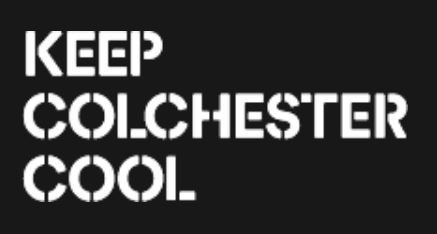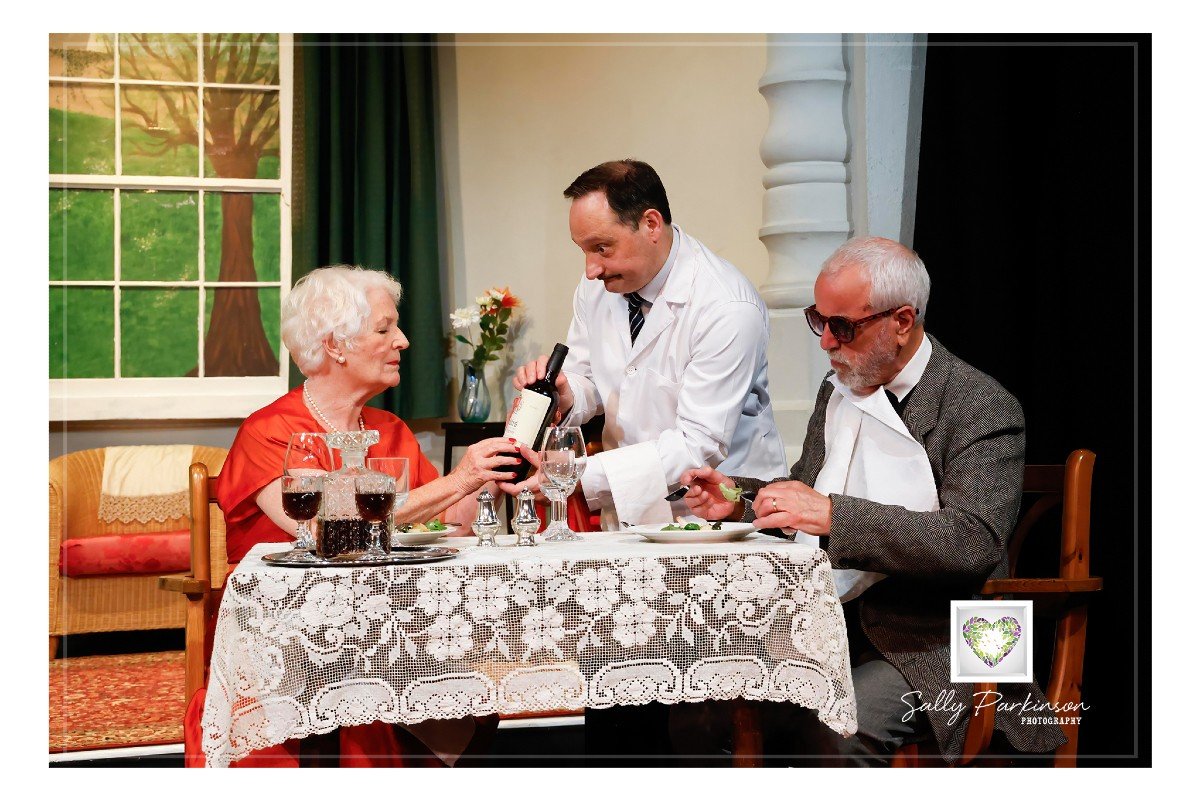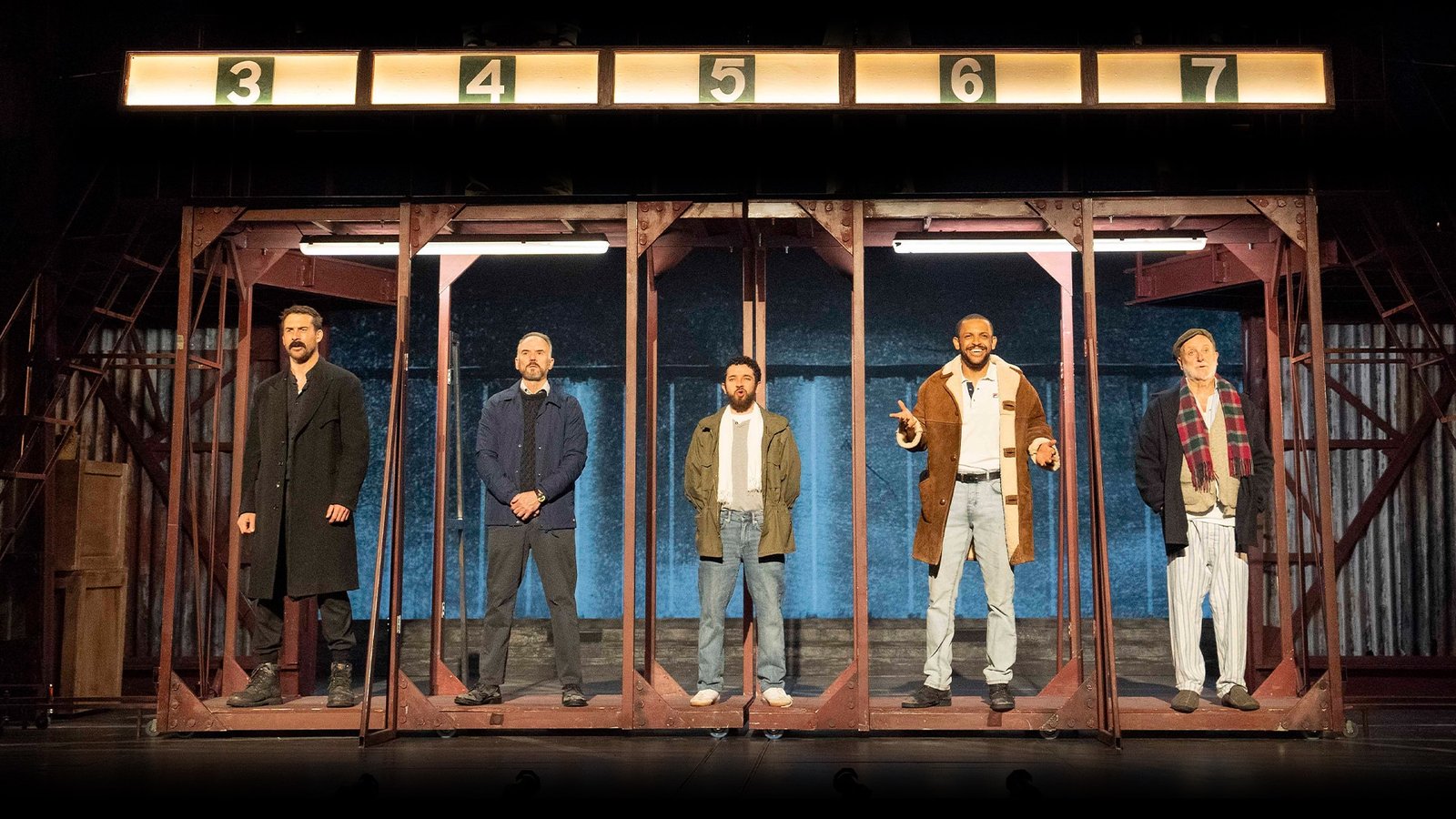
Vinyl Sessions: Massive Attack – Mezzanine
VINYL
Tickets £3
Doors open 12pm, session starts 12:30pm
This show is for a seated audience.
The bar will be open throughout.
The session will be curated by Paul Butler.
The album playback will be followed by a Q&A session.
After a short break, we’ll follow the album with our usual ‘Dead Wax’ session.
Bring along a vinyl disc of your choice and hear a track from it played through the Arts Centre PA. This can be anything you like, for any reason – the more ‘out there’ the better.
Those of us old enough and stubborn enough to think that written music criticism still matters all have a collection of soundbites and bon mots from our favourite writers and articles committed to memory. For me, there’s one concerning Mezzanine, the third LP by Massive Attack, penned by a music critic whose name I can’t remember, in a long-forgotten monthly music magazine: “Mezzanine is so dark that it sucks in light.”
That’s about as apt a summation of the album as you’re ever going to get. It’s a very particular kind of dark, mind you. Not the ‘flirting with religious iconography and Norse myth’ type that’s historically informed metal. Nor the kind that comes draped in the genuinely transgressive, unsettling atonality and abrasive noise that experimental and abstract electronic artists deal in.
No, the darkness of Mezzanine is sinister, yet seductive. It doesn’t repel the listener – it lures them in. Come for the pretty harpsichord figures and Liz Fraser vocals. Stay for the loops constructed around Turkish Çiftetelli music and bass frequencies that open up beneath you like tar pits, and realise that there’s now no escaping the spell.
The endlessly restless, exciting, exasperating, provocative, playful, complacent, smug and self-involved pop cultural spasms of the 90s gave rise to numerous trends – but one of most positive surely has to be the way in which genuinely startling and unusual sounds were elevated from the underground, beamed across the (largely analogue) airwaves to the population at large and accepted, if not embraced by mainstream audiences at a rapid clip.
Ersatz hardcore rave tunes would soundtrack adverts for energy drinks. The crazed sound of warped vintage funk and soul drums played at hyper-speed which begat jungle, which begat drum ‘n’ bass, could soon be heard spilling out of your nearest hair salon or roller rink.
Arriving at the tail end of the decade in 1998, Mezzanine was a huge beneficiary of this. Years before the album’s most recognisable track, ‘Teardrop’, was used to accompany the opening titles of the US medical drama House (presumably ensuring that Massive Attack need never work another day for the rest of their lives in the process), it felt like deep cuts from Mezzanine could be heard in the background of countless trailers for crime documentaries, psychological thrillers and edgy Channel 4 drama series. Even if you think you’ve never heard a note of the record before, trust me – you have.
And yet, however blunted by over-familiarity and unimaginative video editors its tracks may have become – a fate that also befell the debut albums of fellow Bristolians Portishead and Massive Attack alumni Tricky – there’s still, even now, a power and grace to Mezzanine’s textures and grooves that hasn’t diminished in the 26 years since its release.
The beats crack, sizzle, sputter and pound. The guitars scrape, sparkle and churn. The vocals run the gamut from angelic highs, to threatening growls and hoarse, paranoid whispers. It seems trite to reel off a list of the improbable sources for audio samples that the band deftly meld and repurpose for their own creative ends, but what the hell, let’s do it anyway.
Mezzanine is an album on which you can hear brief (and often barely recognisable) snippets of recordings from the likes of The Incredible Bongo Band, The Velvet Underground, The Cure, Quincy Jones, Ultravox, The Jam, Iron Butterfly and Manfred Mann, among numerous others.
The album is a masterclass in late 90s sound design and production. As magisterial as the band’s debut, Blue Lines, could be when firing on all cylinders, there was a scrappy rawness to early tracks like Safe From Harm and Five Man Army. You could spot the seams and joins. The borrowed samples sounded like samples.
On Mezzanine, the constituent parts of any given track are much more of a piece. Fractured beats, live instrumentation, the ghostly voices of experimental 60s rockers, angry squalls of distorted post-punk guitar, mysterious monk-like chants – all are seamlessly folded into the album’s inky black depths.
So, having produced an impeccably well-crafted album, and gone on to see said album become commercially successful to the point of near-omnipresence, while simultaneously being beloved by a hefty chunk of your existing fanbase and a whole lot of new arrivals, you’ve got to be in a pretty good place as a band, right? Well, not really.
Mezzanine is the album that brought the curtain down on Massive Attack’s original incarnation, which came into being when Robert ‘3D’ Del Naja, Grant ‘Daddy G’ Marshall and Andrew ‘Mushroom’ Vowels first met as teenagers hanging out in Bristol’s thriving 80s sound system scene.
This core trio would go on to form connections with a revolving cast of co-producers, writers, arrangers, session musicians and guest vocalists, making Massive Attack less of a band, and more of an ever-renewing collective. This approach had served them well on the aforementioned Blue Lines, and its sleeker, more precision-tooled 1994 follow-up, Protection. The trouble came when – largely at Del Naja’s insistence – the band recruited a guitarist, Angelo Bruschini, and began incorporating rock-like song structures and instrumentation into what had hitherto been a sound much more indebted to soul and hip-hop.
This new direction didn’t sit well with Vowels, whose artistic impulses appeared to be drifting in the opposite direction to those of his colleagues. At one point during the Mezzanine sessions, he surreptitiously passed an early demo version of ‘Teardrop’ to Madonna, inviting her to record the lead vocal. Ms Ciccone had previously collaborated with the band on an actually quite good cover of Marvin Gaye’s ‘I Want You’ for a 1995 tribute album, hence the connection. She duly loved it, and had Marshall and Del Naja not caught wind of the plan and nixed it as soon as they were able to, it could well have been her voice kicking off all those House repeats.
The incident was one of numerous flashpoints during the making of Mezzanine. As well as the band’s growing creative differences, there was also Del Naja’s increasingly obsessive perfectionism to deal with. The album was originally slated for release in the latter half of 1997, preceded by the release of ‘Risingson’ as a lead-off single in the summer of that year. As it was, Del Naja insisted on fine tuning the album’s sonics over a number of months, sending their label Virgin’s promo efforts into disarray. On the plus side, though, loyal Massive Attack fans were at least treated to a thrilling early live rendition of ‘Angel’ on Later with Jools Holland.
Things ultimately came to a head with Vowels’ departure from the group in the immediate wake of Mezzanine’s release. The band continued as a going concern, albeit sporadically, releasing the albums 100th Window in 2003 and Heligoland in 2010. The odd EP, soundtrack and occasional tour aside, Massive Attack fans have now been waiting on a new LP for 14 years and counting. But then, if you’re into your pioneering downtempo music producers hailing from the Bristol area, barren release schedules are pretty much priced in at this point.
We make do with what we have. What we have is Mezzanine. And it’s marvellous.
https://www.facebook.com/events/1919598561870684/
News


 22.39°C
22.39°C 



